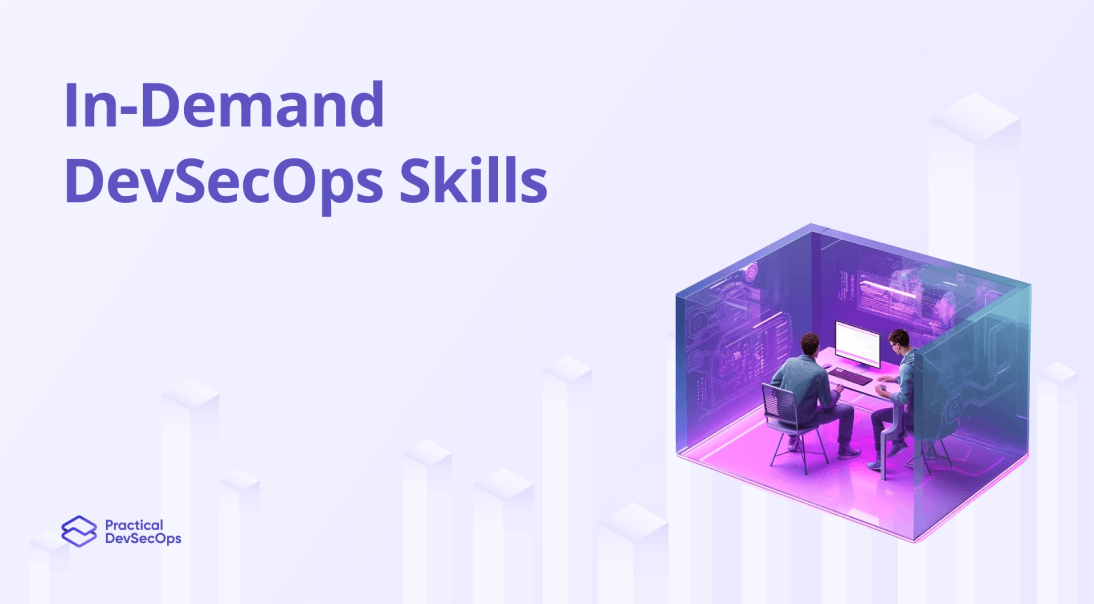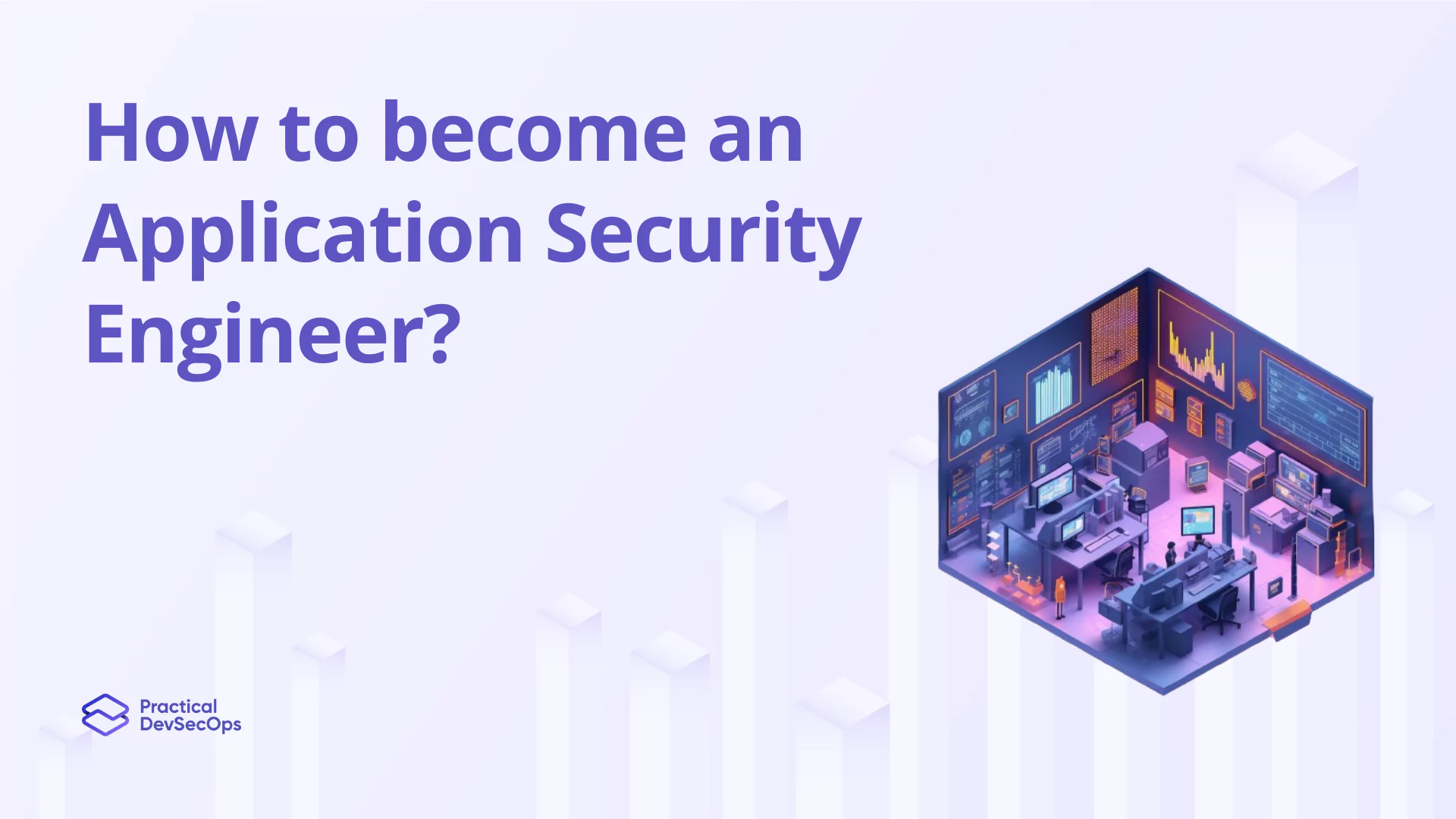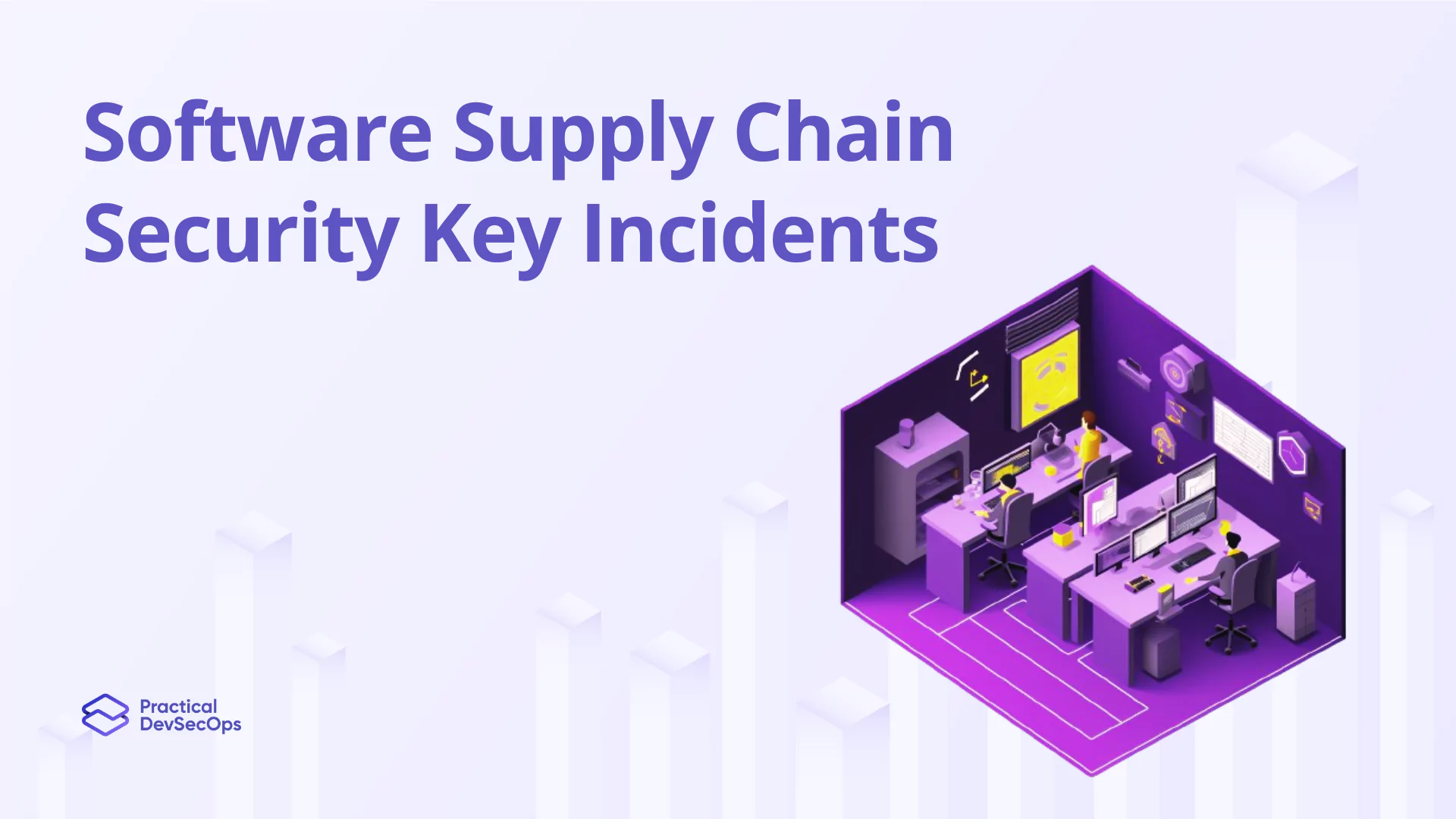In the realm of DevSecOps, having the right skills is crucial to thrive in this promising career field. If you aspire to be a security-savvy geek or a budding nerd in security, it’s essential to identify the in-demand DevSecOps skills that will position you for success in the coming years. In this article, we will explore the key skills that will be highly sought after in the DevSecOps landscape by 2024.
1. Security Fundamentals
Having a strong foundation in cybersecurity is imperative for any DevSecOps professional. Understanding key concepts such as risk assessment, secure coding practices, vulnerability management, and incident response forms the backbone of a solid security skill set. Invest time in acquiring a comprehensive understanding of security fundamentals to build a strong expertise base.
2. Automation and CI/CD
Automation is the driving force behind efficient DevSecOps practices. Proficiency in automation tools, configuration management, and continuous integration and deployment (CI/CD) pipelines is crucial. Become familiar with industry-standard tools like Chef, Ansible, Jenkins, and GitLab. Knowledge of scripting languages such as Python, Bash, or PowerShell will also be highly advantageous in automating security processes.
Also Read, DevSecOps vs CI/CD
3. Cloud Security
As organizations increasingly adopt cloud technologies, the demand for professionals with expertise in cloud security continues to rise. Familiarize yourself with popular cloud platforms like Amazon Web Services (AWS), Microsoft Azure, and Google Cloud Platform (GCP). Gain proficiency in securing cloud infrastructure, configuring security groups, implementing access controls, and leveraging cloud-native security services.
Be an expert in Cloud-Native Security through the Certified Cloud-Native Security Expert course.
4. Containerization and Orchestration
Containers such as Docker, and orchestration platforms like Kubernetes, have revolutionized application deployment. DevSecOps professionals should possess a solid understanding of containerization and be able to secure containerized environments effectively. Learn how to implement security measures within Docker containers, secure container orchestration platforms, and apply access controls at various layers.
Level up your hands-on skills in container security with the Certified Container Security Expert Course.
5. Threat Modeling
Threat modeling is a proactive approach to identify and mitigate security risks. It involves understanding potential threats, their impact, and designing appropriate security controls. Familiarize yourself with threat modeling methodologies such as STRIDE, DREAD, or PASTA. Be able to assess architectural designs, identify potential vulnerabilities, and recommend security measures to counter emerging threats effectively.
Improve your Threat Modeling Skills with Certified Threat Modeling Professional Course
Also Read, Best Practices to Implement Threat Modeling in DevSecOps
6. Secure Coding Practices
DevSecOps professionals should have a solid understanding of secure coding practices and be able to guide developers in writing secure code. Familiarity with secure coding frameworks such as OWASP Top Ten and CERT Secure Coding Standards is essential. Stay updated on common coding vulnerabilities, secure coding best practices, and tools that can help identify and mitigate security flaws.
Also Read, How to Start Learning DevSecOps
7. Security Monitoring and Incident Response
DevSecOps professionals need to be adept at monitoring systems for security incidents and responding swiftly to mitigate the impact. Gain knowledge of security monitoring tools such as SIEM (Security Information and Event Management) platforms and intrusion detection systems (IDS). Understand incident response frameworks, including steps for containment, eradication, and recovery.
8. Compliance and Regulatory Knowledge
Organizations must adhere to various regulations and compliance frameworks. Familiarize yourself with standards like GDPR, PCI DSS, HIPAA, and ISO 27001. Acquire knowledge of industry-specific regulations that may apply to healthcare, finance, or government sectors. Understand how to implement security controls and processes that align with these frameworks.
9. Collaboration and Communication Skills
DevSecOps is not only about technical skills but also about effective collaboration and communication. Develop strong soft skills to collaborate with cross-functional teams comprising developers, operations, and security professionals. You should be able to effectively convey security risks, articulate the importance of security measures, and work together to achieve shared security goals.
Enroll in the Certified Security Champion Course – Become a security pro with top-notch collaboration skills among developers, operations, and security teams.
10. Continuous Learning Mindset
The field of DevSecOps constantly evolves. Cultivate a continuous learning mindset to stay updated with emerging trends, security vulnerabilities, and technological advancements. Join security communities, attend conferences, and engage in self-study to keep honing your skills and stay ahead of the curve.
Also Read, How to be a Certified DevSecOps Engineer
Conclusion
The world of DevSecOps offers exciting opportunities for security-savvy geeks and aspiring nerds in security. By acquiring and enhancing the in-demand DevSecOps skills discussed in this article, you can position yourself for success in the coming years. Stay curious, continue learning, and embrace the rapid pace of technological advancements to thrive in this constantly evolving cybersecurity landscape.“So, gear up, unleash your potential, and embark on an exciting journey towards becoming a highly skilled DevSecOps professional.”
Also Read, Why DevSecOps is a Promising Career Choice?
Interested in DevSecOps Upskilling?
Practical DevSecOps offers an excellent Certified DevSecOps Professional (CDP) course with hands-on training through browser-based labs, 24/7 instructor support, and the best learning resources to upskill in DevSecOps skills.
Start your team’s journey mastering DevSecOps today with Practical DevSecOps!
Also Read, DevSecOps Interview Questions for 2024






0 Comments